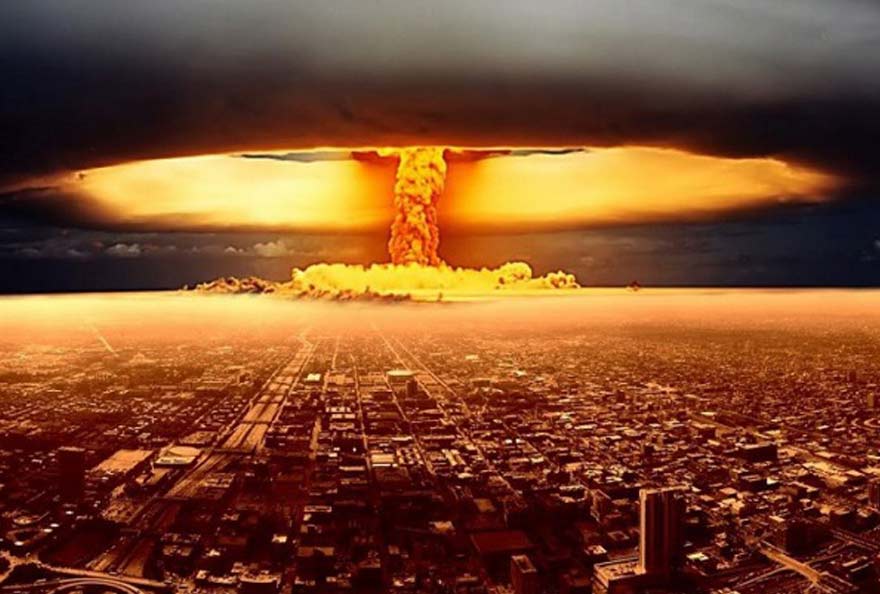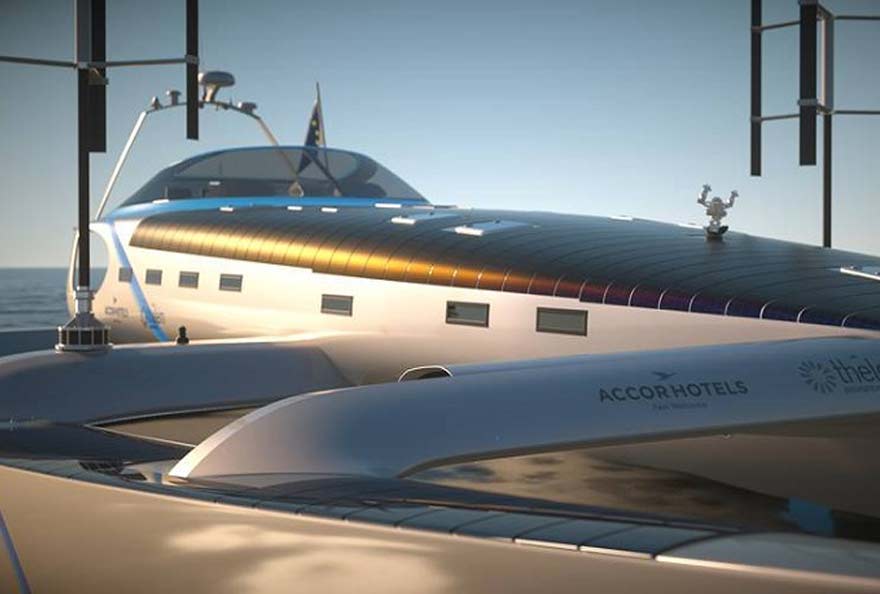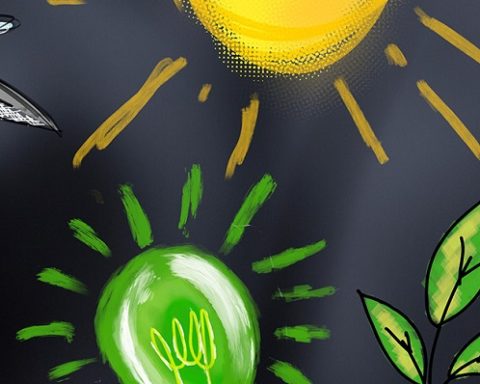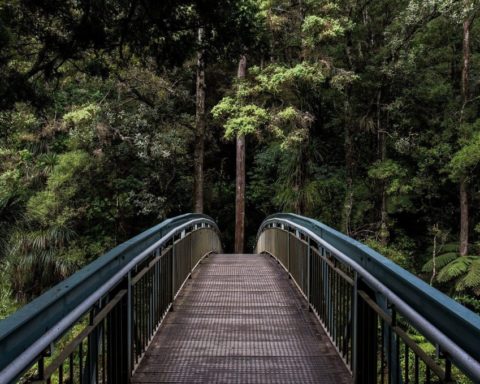If the Blockchain is much talked about in the financial world, it is perhaps in energy that the first concrete applications will be born. This is an opportunity for network managers to remain leaders thanks to Blockchain architecture solutions. By structuring its main players, France has a card to play in the organisation of these new markets.
En France, as part of the energy transition laws, regulations are changing to support the development of renewable energies. The ordinance of July 2016 marks an important step forward for self-consumption of electricity: "... the French government is committed to the development of renewable energies. the fact that a producer, known as a self-producer, consumes all or part of the electricity produced by its installation itself ». The ordinance goes even further by defining collective self-consumption." where the supply of electricity is made between one or more producers and one or more final consumers linked together within a legal person". This new text paves the way for the development of local electricity networks and the development of micro-transactions.
However, despite the deployment of smart meters such as Linky, new ways of consuming electricity are slow to become established in the general public's habits. The ability to certify the terms of a contract can speed things up in these new ecosystems.
As a reminder, the Blockchain is an IT device that makes it possible to secure transactions (financial or other) in "peer-to-peer" mode, all for a marginal cost.
The implementation of a Blockchain is particularly interesting in a decentralized environment with a high volume of small transactions.
This is exactly the model that the electricity networks are moving towards. The multiplication of renewable energy production sources at all levels of society (from the solar roof of the home to large wind farms) also generates a multiplication of the number of nodes in the network, which in addition becomes bi-directional (the consumer is also a producer).
The notion of collective self-consumption is fundamental because it promotes the development of microgrids, these intelligent local networks whose number will quadruple by 2020. Self-consumption devices are thus a tremendous opportunity for the development of an economy of electricity sharing! In this new world, the Blockchain will sell, automatically exchange the surplus to interested neighbours and calculate the best price. We can imagine all sorts of auction mechanisms based on supply and demand, with the management service being able in all cases to guarantee a reduction in the electricity bill to its subscribers.
The development of electric cars is closely linked to the deployment of charging stations. It should be possible for users to be billed for recharging their vehicle by their usual electricity supplier, thus enabling the development of new offers. Once the charging stations are connected to the user's profile, it will be possible to imagine a sharing market, a sort of AirBnB of charging stations. Tomorrow, the electrical socket must be able to follow the user in all his movements! The blockchain makes it possible to manage a virtual meter (a sort of wallet that contains not bitcoins but kwh) that can identify the user and the data of his electricity subscription in mobility.
The law currently restricts collective self-consumption to the same geographical area and obliges producers and consumers to come together in a legal entity. Blockchain technology, by dispensing with the "trusted third party", would allow the establishment of market places between individuals. They will then be able to form "virtual" groups of self-consumers, with the DSO acting as a balancing manager between the electricity injected and extracted. In this model, we will be able to take advantage of the photovoltaic energy of our country house from our Parisian apartment!
The installation of an electricity generating device (solar, wind, etc.) must be declared to the distributor or the transporter. The latter could eventually take advantage of this to generate green energy production certificates, freely exchangeable on a block chain. These certificates allow "virtual" traceability of the electricity. Currently, in France, it is the observatory of renewable energies (Observ'er) that issues and registers the certificates. Registration in a blockchain is a solution to make this market more fluid. A property developer could thus market buildings guaranteed 100% hydroelectric power.
There is no shortage of examples of initiatives or startups that are taking off in this sector: TransActive Grid in New York City got a lot of attention in the spring after an entire Brooklyn neighborhood was put into collective self-consumption, where transactions are automatically managed in a Blockchain. The German electrician RWE is working on the development of intelligent charging sockets for cars, where once again financial transactions are managed by the Blockchain...
In France, system operators (mainly RTE and Enedis) have an essential role to play in new uses of electricity and in setting up a blockchain-type infrastructure to help their development. The CRE (energy regulation commission), the supervisory structure for these companies in the regulated sector, can also boost these new uses.
This highly centralised organisation could be seen as a handicap in the energy transition. In fact, it could, on the contrary, become an asset thanks to the development of new uses and services made possible by the Blockchain. This technology has the enormous advantage of federating the players in a sector of activity. For example, in the financial sector, banks have grouped together around the R3 consortium. The European insurers, for their part, have just launched their own consortium blockchain B3i. Will French energy players be able to seize the opportunity and use their legitimacy to take the initiative to create a grouping with similar operations on a European scale?
Michel Cordier, VP Smart Energy - Digital Transformation Agency SQLI
Login
0 Comments
Inline Feedbacks
View all comments












